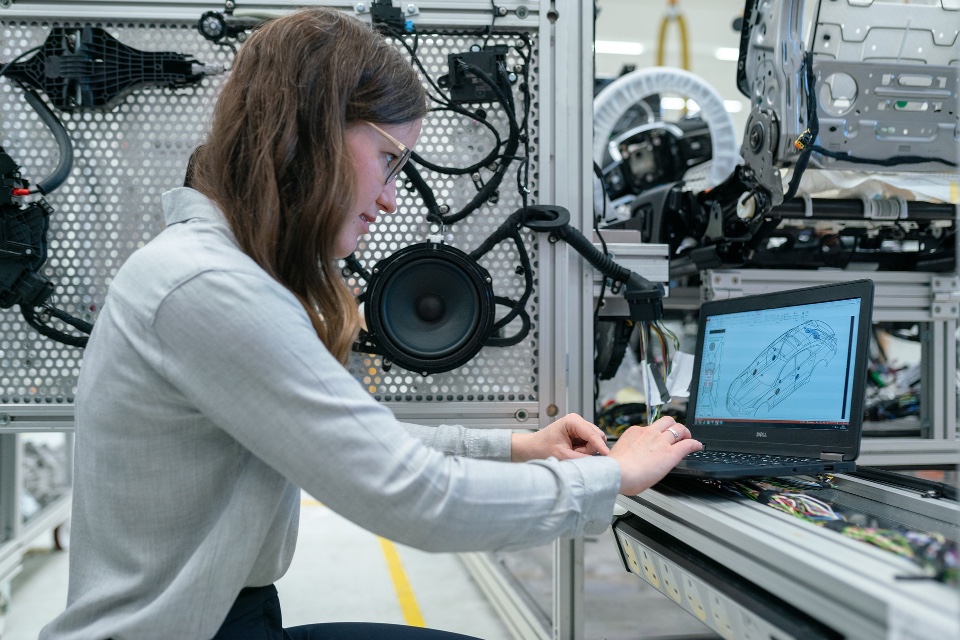The increasing demand for electric vehicles has led to automotive manufacturers offering customers a wide range of options for electric vehicles whilst maintaining the traditional combustion engine vehicles. This approach indicates significant growth in the number of electric vehicle models being developed and launched in the market.
Here’s how electrification is affecting automotive supply chains.
- External Suppliers
Supply chains are one of those areas in automotive that were affected by a shift to electrification. Whether car manufacturers source their materials and components from external suppliers or work with a combination of external and in-house supplied parts, the components electric vehicles need are quite different. Therefore, they also require different supply chains.
To address these changes, car manufacturers are looking to invest in and work with electric vehicle suppliers to establish new supply chains. Electric car manufacturers need to consider whether or not they can produce some components themselves or if they need to work with similar companies to keep the manufacturing process running smoothly.
- Batteries are the Main Focus
Batteries are now the main focus. They are heavy and cover the entire vehicle’s floor area, eating up about a third of the electric vehicle’s overall cost. Due to the batteries’ size and weight, these battery packs can severely affect supply chains and logistics.
To simplify logistics, some manufacturers of electric vehicles produce their motors. For instance, with Tesla, lithium-ion batteries are manufactured mainly in Asia.
- New Talent
Given the changes, automotive manufacturers are investing in new talents and developments to keep ahead, as electric vehicles require new technologies and maximising battery performance has become a priority. With this in mind, recruiting automotive software engineer’s can help maximise company performance, whilst acquiring a specialist who is aware of new trends. Car manufacturing companies need to hire engineers and designers with up-to-date knowledge about electric vehicle technology to help them produce vehicles that meet changing demands and remain relevant as the industry continues to develop.
Recruiting new talents with experience in the development of electric vehicles can help ensure that car manufacturing companies have the technology to adapt to the changing requirements and components. Whether hiring junior engineers or consultants who can suggest changes to the existing process, investing in new talent must be a priority as the electrification revolution continues.
- The Market is Currently Small
The electric vehicles industry accounts for only about 0.1% of the vehicle stock worldwide and less than 1% of sales. Although the volume growth of trucks and SUVs is lower in percentage, it has a massive impact on the market.
But if the world is committed to climate change, a bigger percentage of the market will switch to electric propulsion. However, experts believe that the industry of electric vehicles will only measure more than a hundred million in 2030.
- Job Losses
Changes in the production of components, supply chain, and manufacturing processes mean there’s a potential for job loss in the industry of automotive manufacturing. Most electric vehicles are less complex compared to their predecessors, which, therefore, require less manpower to produce. As a result, companies may have to let staff go if their role is not relevant to the new manufacturing process.







